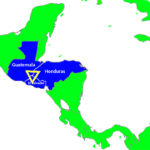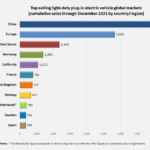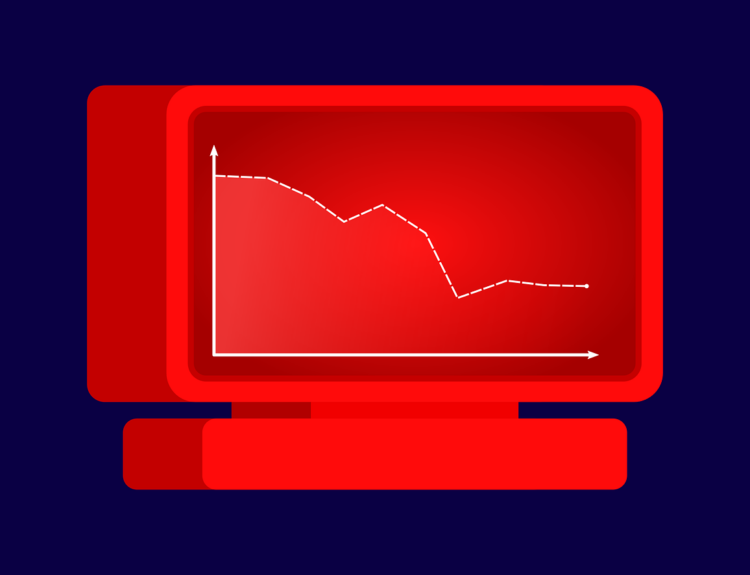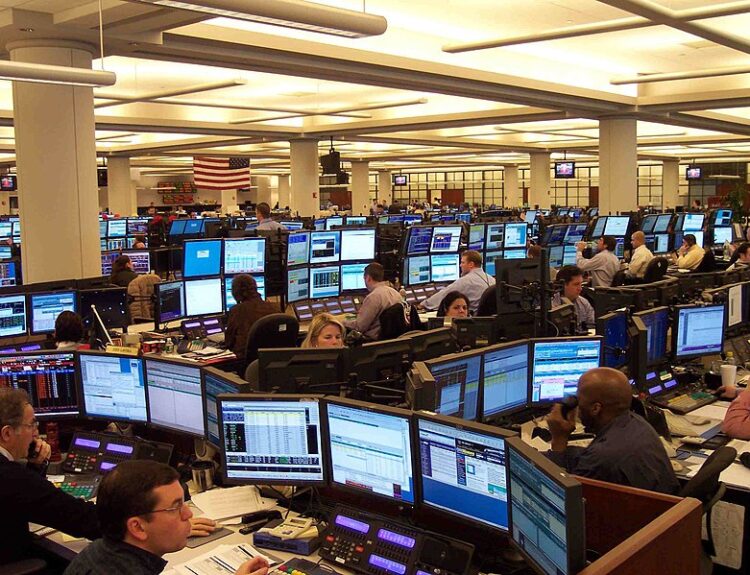Mild weather and smaller draw contribute to increased surpluses
- Below-average drop in natural gas inventories expected
- Mild weather limits demand for heating
- Estimated 44 billion cubic feet withdrawal from storage
- Storage down to 3,446 Bfc from 3,490 Bcf
- Smaller draw compared to five-year average
- Increase in natural gas surpluses anticipated
- Market focuses on prospects of colder January weather
- Natural gas futures up 4.2% at $2.675 per million British thermal units
Analysts predict that natural gas inventories will see a below-average drop in the last week of December due to unusually mild weather across the U.S. This limited demand for heating, resulting in an estimated withdrawal of 44 billion cubic feet from underground storage. This would bring storage down to 3,446 Bfc from 3,490 Bcf the previous week. The 44 Bcf draw is significantly smaller than the five-year average for the week, indicating an increase in natural gas surpluses. Market participants are now looking ahead to the prospects of colder January weather, which is expected to increase withdrawals in subsequent weeks. As a result, natural gas futures for February delivery have risen by 4.2% to $2.675 per million British thermal units.
Public Companies:
Private Companies:
Key People:
Factuality Level: 8
Justification: The article provides specific information about natural gas inventories and the expected drop in the last week of December. It includes estimates from a Wall Street Journal survey and mentions the range of estimates. It also mentions the potential impact of mild weather on natural gas demand. The article includes the current price of natural gas futures and mentions the upcoming release of the Energy Information Administration’s weekly storage report. Overall, the article provides factual information and does not contain any obvious bias or misleading information.
Noise Level: 7
Justification: The article provides information on natural gas inventories and the expected drop in the last week of December due to mild weather. It includes estimates from a Wall Street Journal survey and mentions the potential increase in natural gas surpluses. However, it lacks in-depth analysis, scientific rigor, and actionable insights. It stays on topic but does not provide evidence or data to support its claims. Overall, the article contains some relevant information but lacks depth and substance.
Financial Relevance: Yes
Financial Markets Impacted: Natural gas markets
Presence of Extreme Event: No
Nature of Extreme Event: No
Impact Rating of the Extreme Event: No
Justification: The article discusses the expected drop in natural gas inventories due to mild weather, which could impact natural gas markets.
 www.marketwatch.com
www.marketwatch.com 





